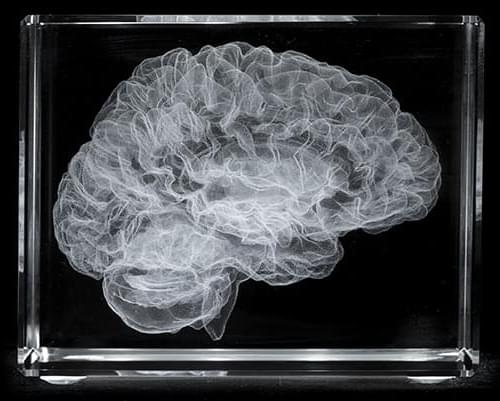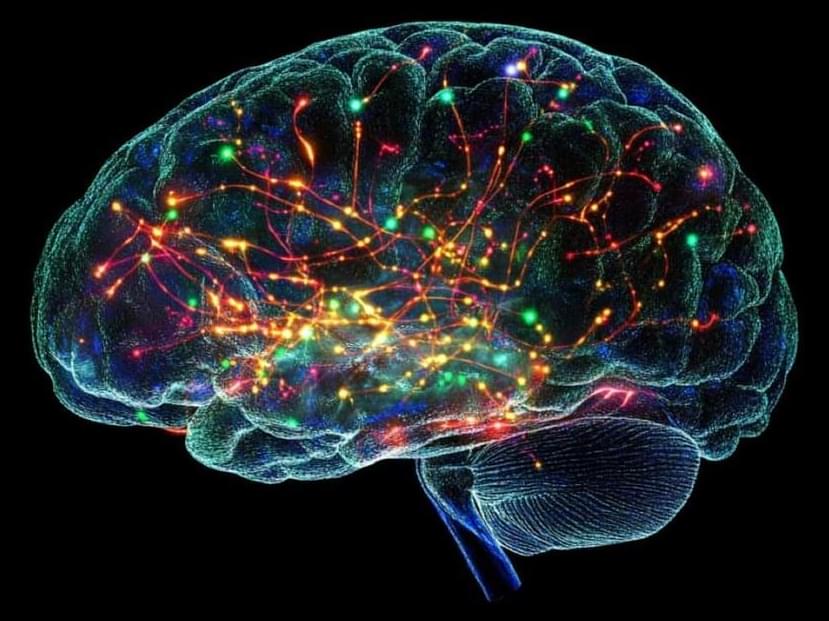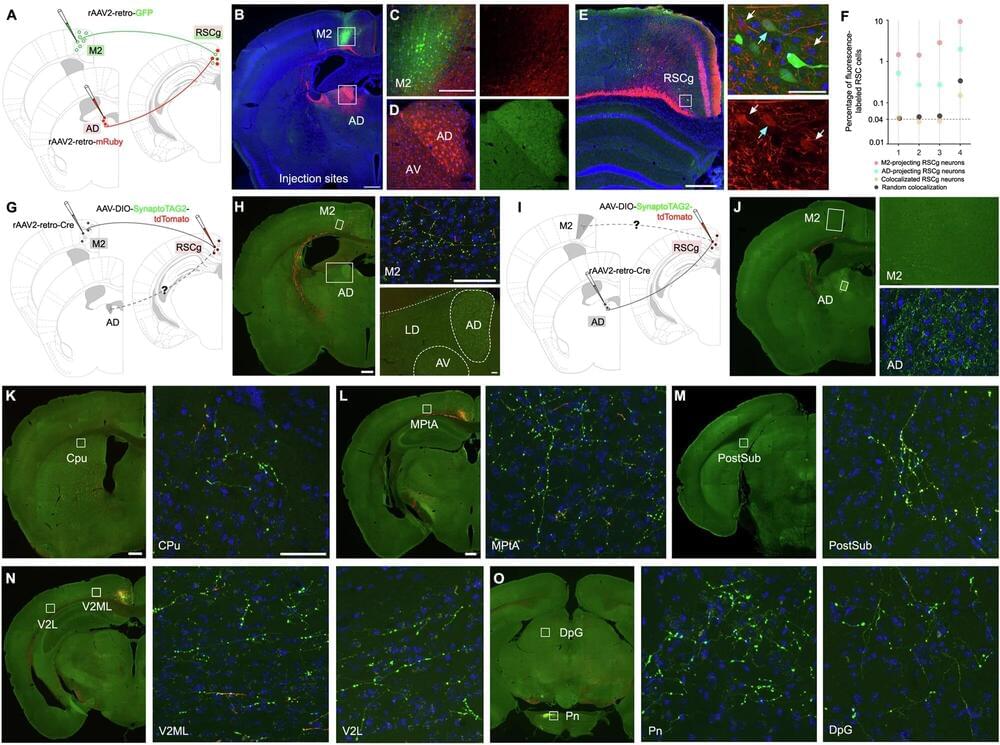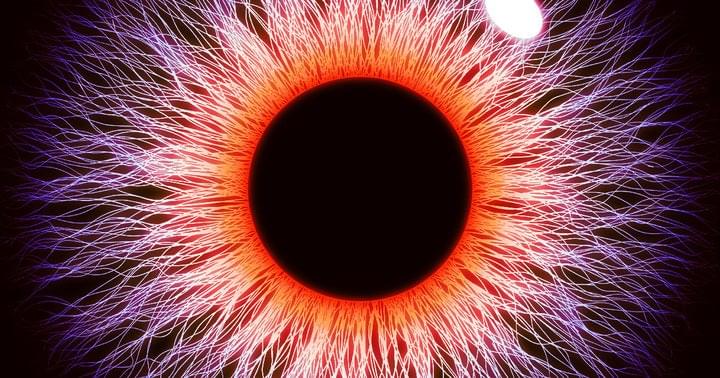Nov 15, 2024
How Decision-Making Improves with Age
Posted by Genevieve Klien in categories: computing, life extension, neuroscience
Summary: Adolescents are known for making less optimal, noisy decisions, but a recent study reveals that these tendencies decrease with age and are linked to improvements in complex decision-making skills. Researchers found that decision noise, or variability in choices, mediates age-related gains in goal-directed behaviors and adaptability.
Adolescents may rely on less efficient strategies due to limited cognitive resources, which makes them more susceptible to emotional and motivational influences. These findings shed light on the computational mechanisms behind developmental shifts in decision-making and open avenues for understanding neurodevelopmental disorders.


















